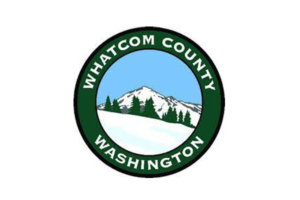Southeast Nebraska Development District (SENDD) represents nearly 150 jurisdictions ranging in population size from 30 to 10,000 residents across 16 counties. Recognizing that many rural communities have limited economic development support, SENDD set out to create a virtual learning module that would provide technical assistance focusing on community and economic development, primarily for rural counties that do not have a designated professional focused on economic growth.
Their Opportunity
SENDD recognized that the module should incorporate various components of economic development, including a section on how strong local food systems contribute to economic development through job creation, downtown revitalization, community wealth creation, and sense of place development. With a CARES grant, SENDD brought on several partners, including New Venture Advisors, to develop a toolkit/curriculum for community leaders to learn how to build more robust local food economies in their region.
Partnering with New Venture Advisors
SENDD wanted a way for townships to identify opportunities that would support food security within the region through workforce development, technology-based economic development, infrastructure, or other identified strategies. The goal was to introduce the topic to communities to enable them to prepare for a more thorough study or develop an action plan.
Tapping into our team’s food system expertise, New Venture Advisors created a Local Food Systems learning module for SENDD’s regional economic development partners. The learning module introduces users to food system planning and guides them through a series of sections designed to help them assess their own food system. The module contains:
-
- Instruction on why developing food systems can be rural economic development and the tangible economic development benefits of a strong local food system. The top benefits include job creation, downtown redevelopment, enhanced quality of place, and wealth creation.
- Case studies from success stories — Profiles of communities building vibrant local food systems and the role of local governments and economic development professionals in supporting these efforts.
- Snapshots of each of the 16 county’s food systems to better understand the local food system assets and challenges in their county.
- Tools such as surveys and interview guides, worksheets, and steps for learning from and engaging their community members.
- Available funding opportunities and resources to help them create an action plan or implement an idea.
Moving Forward
The module is included as a bonus curriculum within SENDD’s Regional Economic Development Lite Program, built on an e-learning platform that is now available to all SENDD’s service area member communities. The module begins with a readiness assessment to help communities identify their current stage of economic development. From there, users complete a deeper self-assessment and gain access to implementation support from SENDD to guide their next steps.
To explore the full range of SENDD’s services and programs, visit www.sendd.org.
Photo Courtesy of Mshake via iStock



